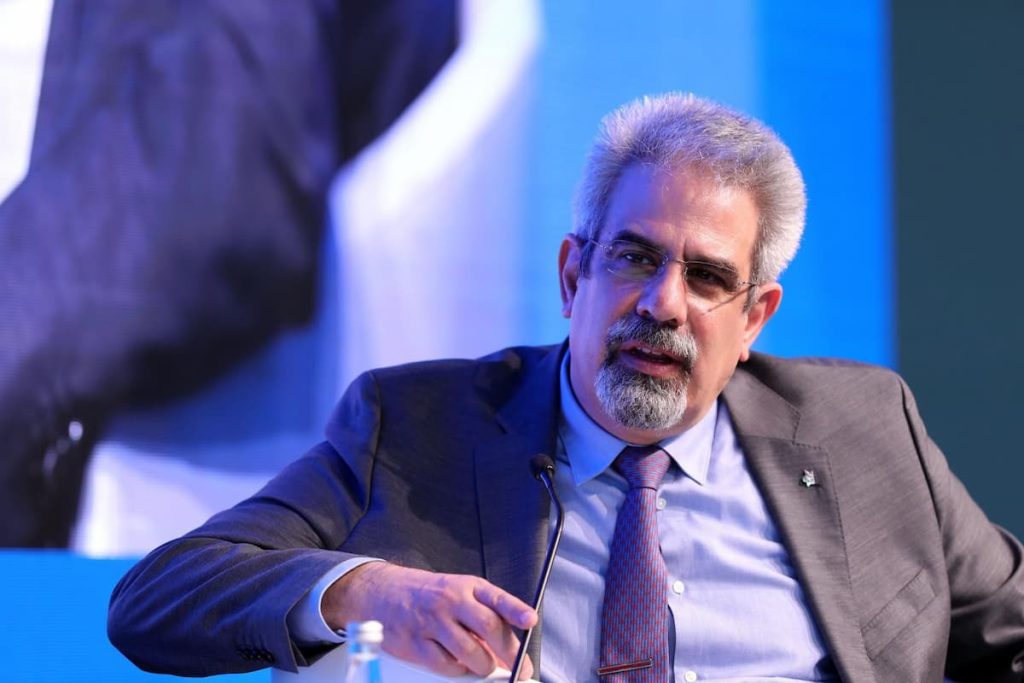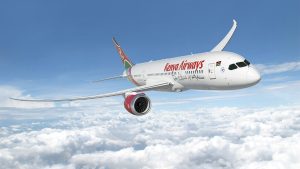The International Air Transport Association (IATA), on the first day of its Wings of Change Focus Africa conference, held in Johannesburg, South Africa, emphasized the need for African governments to take advantage of a strengthening aviation sector to maximize its benefits for economic and social development across Africa.
During a media briefing at the event, IATA senior VP for sustainability and chief economist Dr Marie Owens Thomsen described Africa as “hitting below its weight in terms of the global economy”.
She pointed out that, despite being home to about 18% of the world’s population, Africa contributes only about 3% of global GDP.
She added that improved connectivity, including through aviation, could go a long way in driving higher growth on the continent.
“Poor connectivity definitely equals poor economic outcomes.
“If we adopt aviation, and all forms of connectivity as a proper growth strategy, then we have a completely different picture of radical collaboration on this continent,” she said.
IATA Africa and the Middle East regional VP Kamil Al-Awadhi added that the Single African Air Transport Market, which is aimed at liberalising civil aviation across Africa, provides the continent with a “ready-made” mechanism to drive economic growth.

He noted, however, that few governments have taken the steps needed for its implementation.
“Non-compliance of bilateral air service agreements by African governments is a major obstacle to achieving seamless regional connectivity and growth in Africa’s aviation sector,” he said.
Meanwhile, Al-Awadhi also pointed out that African airlines were likely to earn a collective net profit this year for the second consecutive year.
He noted, however, that the anticipated $100-million profit translates into just $0.90 per passenger, pointing out that was below the global average of $6.14 per passenger.
IATA’s Focus Africa initiative seeks to provide a strategic framework to address the continent’s most pressing issues, paving the way for a robust aviation sector that can significantly contribute to Africa’s economic and social development.
“The path ahead is quite clear . . . We have to work together in a collaborative manner. We can overcome the obstacles before us and realize the full potential of Africa’s aviation.
“This is not just about transport. It’s about unlocking the future of the continent. Let us commit to this vision for the benefit of Africa’s nations, economies and people,” said Al-Awadhi.
Source: Engineering News.






